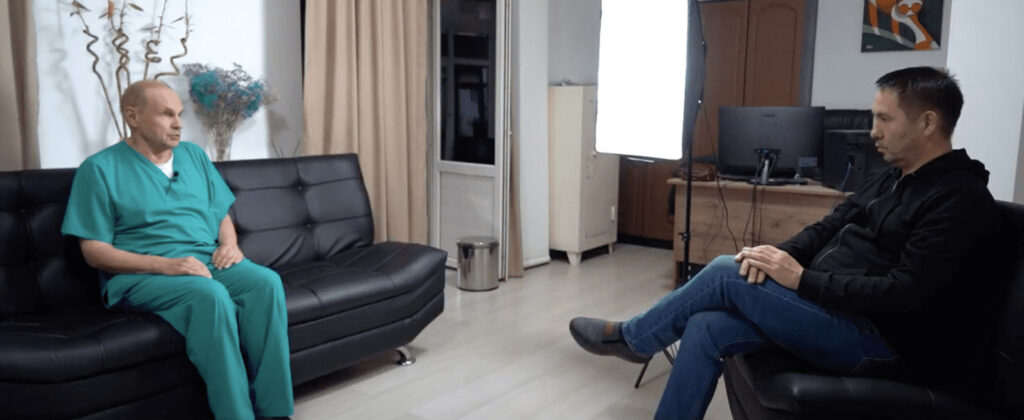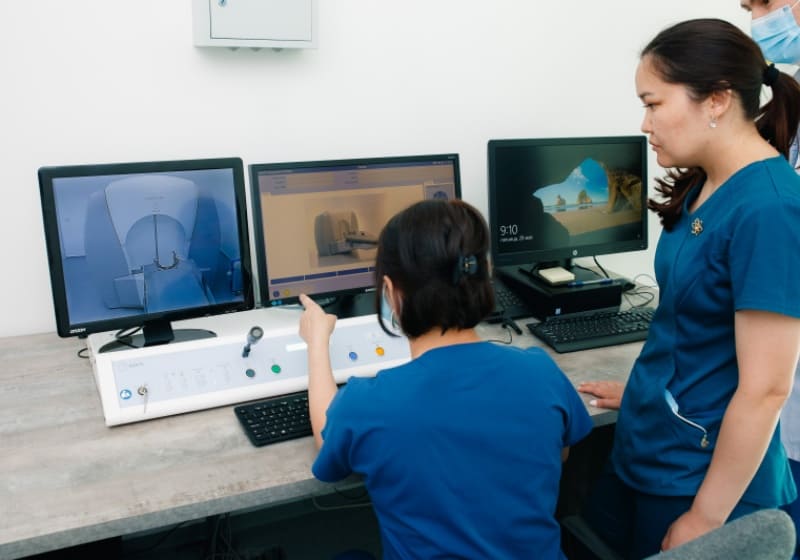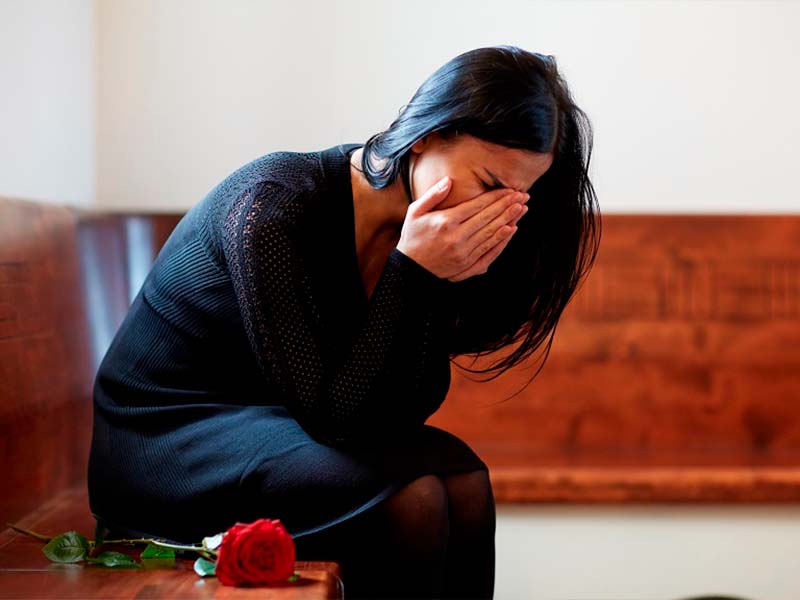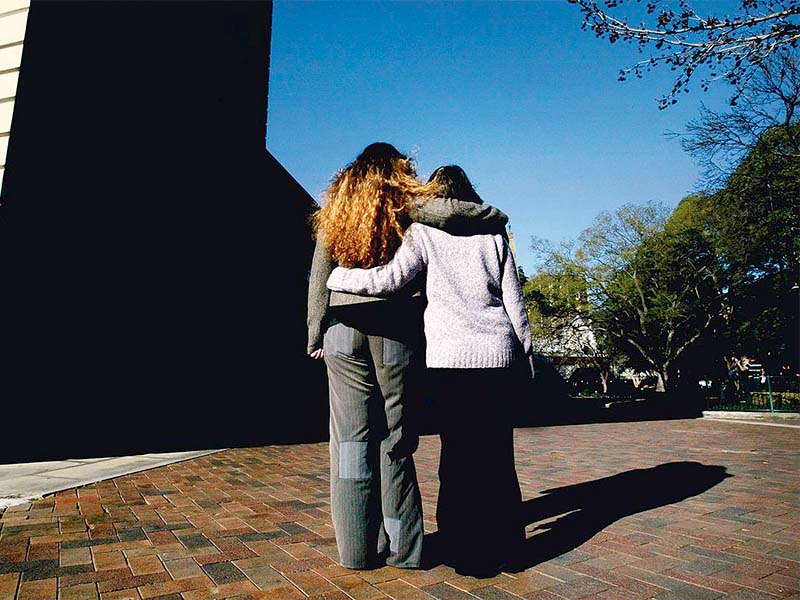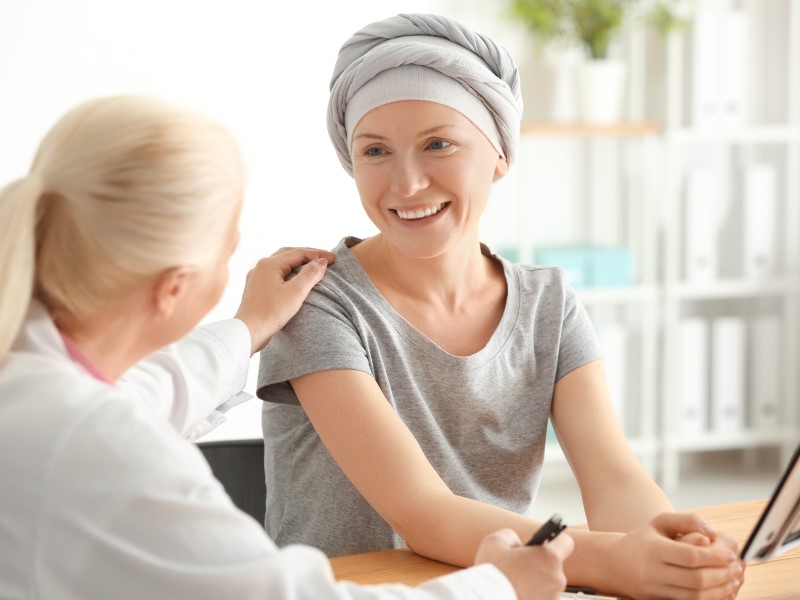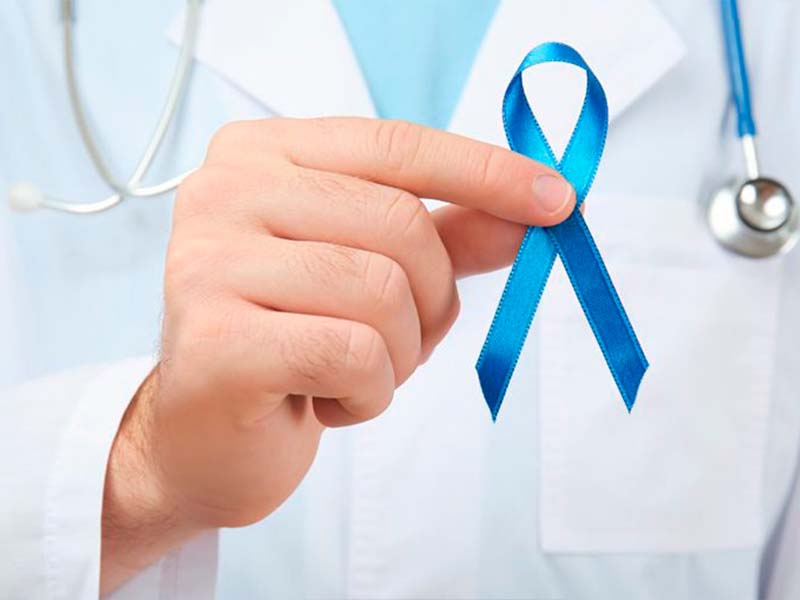Article
Palliative care: How to help a patient in pain?
Yuri Vitalievich Voynovsky, an anesthesiologist and resuscitator, is a guest of the Medical Solution Tour. Marat Sarsenbekov, head of the Medical Solution Tour office in Almaty, talked to the doctor about palliative care and how to really help a patient with pain. Also, Yuri Vitalievich talked about the peculiarities of using port systems, what kind…
Read MoreOnline consultations in oncology: what are the conveniences for the patient?
Online oncology consultations are a new way for patients to get medical advice from oncologists without leaving home. They are conducted both via video chat and with written responses from doctors after reviewing the patient’s documents – available discs, reports, scans, and videos. Allow patients to ask questions, and get advice and treatment plans from…
Read MoreLife with a stoma
Many patients forced to live with a hole in the anterior abdominal wall lose their quality of life and suffer from an internal psychological condition. But it’s not all that bad. Excessive worrying slows the process of adapting to new realities. It is important to calm down as soon as possible and give yourself a…
Read MoreBreast Cancer
The most common cancer in women is breast cancer. It has a relatively slow development and is not associated with infectious agents. Unlike other types of cancer, a hereditary factor plays a major role in breast cancer. That is if in one generation of women there is this pathology – in the next, it can…
Read MorePreventing Nausea and Vomiting in Chemotherapy
Nausea and vomiting during chemotherapy cause a lot of discomfort in the physical and emotional state of the patient. It is very important to start preventing them before chemotherapy because trying to change the situation when it has already begun is ineffective. Use simple rules of preparation. Talking to your doctor The specialist may start…
Read MoreWhat to do if you are diagnosed with cancer
Talk about the 5 stages of experiencing the disease Consider 10 rules to help defeat the enemy When any person is faced with cancer, he is left alone with a certain psychological response of the body. According to studies, it can be divided into several stages: shock or denial, anger, bargaining, depression, and acceptance. All…
Read MoreHow do you deal with the bitterness of loss?
The loss of a loved one is a long way from not wanting to believe in this fact to accept the situation. It takes everyone a different amount of time and manifests itself with different emotions. The main thing is to treat yourself carefully and not forget about your health. How do you deal with…
Read MoreHow not to burn out when caring for a bedridden relative?
Burnout is a common problem among those who care for bedridden loved ones. To avoid it, enough to remember about yourself, but not to immerse yourself entirely in the care of the patient. Signs of emotional burnout A feeling of tiredness and unwillingness to continue; Insomnia and constant lethargy, even with a normal amount of…
Read MoreHow do you help someone who has lost a loved one?
Losing a loved one is a life-changing grief. We often find it hard to find words of support and help to cope with the loss. How does a person experience loss? Each person goes through grief in their way. But most often this period can be divided into five stages: denial, aggression, grieving, acceptance, and…
Read MoreHow do I organize my life during therapy?
Cancer completely changes the life of a person and their family members for some time. It presents many challenges that require a complete restructuring of one’s lifestyle: many screenings, lengthy therapy, lifestyle changes, and self-discipline. How patient can organize life during therapy? Acceptance As difficult as it may be to understand that you have cancer,…
Read MoreThe cancer treatment course is over – what happens next?
After completing treatment, it’s important to get back to your everyday life in the right way. Don’t demand an instant recovery from yourself. Start small and use the following tips. Constant communication with your doctor Even though your course of treatment is complete, it’s important to keep in constant communication with your doctor. He may…
Read MoreLife after hospital discharge
Upon returning home after treatment, many people face the problem of “What do I do next?” This is perfectly normal, especially when treatment has been prolonged and life has changed beyond recognition. The important thing is that you are home! Tips can help you deal with the rest. Preparing for discharge Before you are discharged,…
Read MoreHow to establish a relationship with the nursing staff?
A trusting relationship with your doctor and nursing staff is the first milestone you have passed in the fight against the disease. Without them, it will be difficult to interact with specialists, which will aggravate the course of treatment. But because of fear of doctors and internal anxiety, some patients simply can’t make friends with…
Read MoreWork and oncology: how to combine?
Cancer and the working process can often coexist peacefully. Today’s therapies often allow for treatment without serious loss of quality of life. Often it is enough just to adjust the work schedule. But the question of combining treatment and work should still be discussed with your doctor. Is it worth quitting? Even during cancer surgery,…
Read More